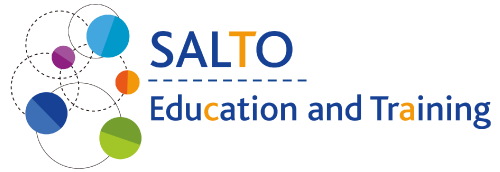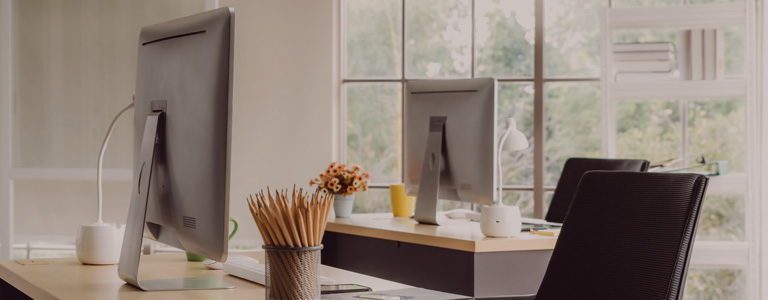Inclusion in practice - Promoting mobility and partnerships for and with people with disabilities
Summary of TCA outcomes
The TCA “Inclusion in practice - Promoting mobility and partnerships for and with people with disabilities” brought together 29 participants from 13 different countries to strengthen their knowledge about the Erasmus+ programme in adult education and the possibilities to include people with disabilities in Erasmus+ projects. The TCA offered the opportunity to the participants to network among each other and to create first project ideas together. The TCA was complemented by the presentation of the project ‘Centre for self-determined living’ - a best practice example from the organisation APEMH and study visits at organisations from the field.
Day 1
The first afternoon and evening were spent getting to know each other through ice-breaking exercises and a joint dinner.
Day 2
The second day started with another networking activity to get to know the other participants. It was followed by a presentation on inclusion and diversity in Erasmus+ and a presentation of the Centre for self-determined living by APEMH. APEMH is an association that supports people with intellectual disabilities and their families by constantly striving to improve their quality of life by combining personalisation, self-determination and inclusion. In the afternoon the participants visited the organization Tricentenaire. Tricentenaire is an association that offers assistance to people with disabilities. Tricentenaire offers assistance in the following areas: Accommodation, activities in a specialized day center, coordination and provision of assistance and care, psychosocial assistance, training and employment, sports and other leisure activities, social integration. The study visit focused on the in-house workshops of the association. After the study visit, the group entered in a lively discussion about inclusion and what has to be done to increase the inclusiveness of the society.
Day 3
The third day started with a presentation on the opportunities in Erasmus+, followed by a brainstorming on first project ideas in smaller groups. The participants have had by then the opportunity to get to know all the other participants. For this reason, groups were formed according to the thematic focus and needs of the respective organisations. The group showed a significant higher interest in implementing mobility projects (KA1) than partnerships (KA2). In the afternoon, the participants visited SuperDrecksKëscht and learned about their cooperation with Ligue HMC. Ligue HMC is an association for people with intellectual disability. In cooperation with the recycling center SuperDrecksKëscht the association employs up to 12 Ligue HMC employees with intellectual disabilities. After the study visit, the participants reflected on the inclusion practice at SuperDrecksKëscht.
Day 4
On the last day, the participants learned about supporting tools in Erasmus+ and presented their first project ideas to the whole group.
Types of outcomes
Explain your choice(s)
This seminar was primarily a contact seminar which aimed at bringing together organisations, from across Europe, that are active in the field of adult education and more specific in the disability sector interested in applying for a future KA1 mobility project or a small-scale partnership.
The aims of the seminar were:
To provide an open forum for participants
- To introduce participants to the Erasmus+ programme and the possibilities in mobility and partnerships (objectives, funding, regulation, etc.) as well as to the horizontal priority of Inclusion in the Erasmus+ programme
- To network and achieve a mutual support system to explore future partnerships or mobilities
- To discover best practice examples of organisations active in the disability sector in Luxembourg (presentation and study visits in cooperation with local providers and experts from the sector)
- To share views.


